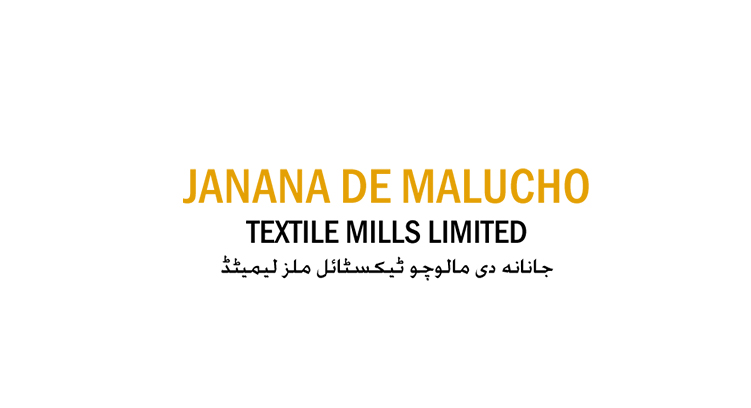November 17, 2023 (MLN): The export-import gap can be narrowed by tapping into new markets with technological advancements and eliminating impediments in the export process, the caretaker finance minister Dr. Shamshad Akhtar highlighted at the Future Summit on Thursday.
During her speech, the caretaker finance minister highlighted the importance of the staff-level agreement being reached with the International Monetary Fund (IMF) on the first review of the $3bn Standby Agreement (SBA).
"The IMF SBA and other development partners' support allowed us to get our economy back on track," she stated
Going forward, she shared the ‘The Big Picture’ on pathways that will help transform the economy as per its actual potential.
She referred to a World Bank report indicating that, with sound economic policies and structural reforms, Pakistan's economy could grow from the current $350 billion to $2 trillion by 2047.
Accordingly, one of the most crucial factors that require immediate action is to enhance the competitiveness of the economy in global markets by expanding its export base.
Pakistan has all the requisites of being a major economic player in the region and Asia, she emphasized.
Unfortunately, looking back at the last 3 decades, the failure to initiate meaningful reforms has meant that Pakistan has fallen behind regional economies in terms of human and economic development.
She urged the need for more innovation and diversity in the economy's structure for sustainable growth.
The manufacturing base, in particular exports, and the agricultural basket are focused on a very narrow range of products and have failed to penetrate new markets.
Effective implementation of ambitious reforms will depend on addressing critical institutional and governance constraints.
The government believes in a market-based exchange rate regime that can avoid the persistent overvaluation of local currency.
The anti-export policies of the last 3 decades have led to the loss of competitiveness of our manufacturing base.
Thereby, exports have failed to make a transition from low-technology to high-technology products as about 70% of the country’s exports continue to be low-technology products.
In addition, the country has failed to diversify its export commodities and export markets.
The textiles and clothing sector, which contributes about 5% to world trade, dominates the country’s exports, accounting for around 58% of total exports.
Similarly, more than 50% of exports rely on only four markets – the USA, EU, China and Afghanistan.
The country has been losing competitiveness in international markets and finds it hard to sell even within its traditional markets.
Pakistan’s loss of competitiveness is evident from the fact that exports of goods and services have declined to 10% of GDP, compared to India (19%) and Bangladesh (15%).
“To facilitate exports to new markets and encourage the export of new products, we are operationalizing the EXIM bank,” she further added.
This will bring credit guarantees and insurance products for exporters, encouraging them to target new markets for exports.
Another factor is the tariff structure which has a significant anti-export bias. Within the tariff policy space, a large number of SROs distort the trade regime by modifying the notified import duties selectively without any economic justification.
This has resulted in low import content which in turn restricts our manufactured products to a narrow range of low value-added exports.
This is also the reason why Pakistan has one of the lowest integration in the global value chains.
Some progress has been achieved in streamlining customs rules and procedures to expedite the clearance of both exports and imports through the Single Window operations, but more work is needed to achieve international best practices.
Copyright Mettis Link News
Posted on: 2023-11-17T11:12:25+05:00







